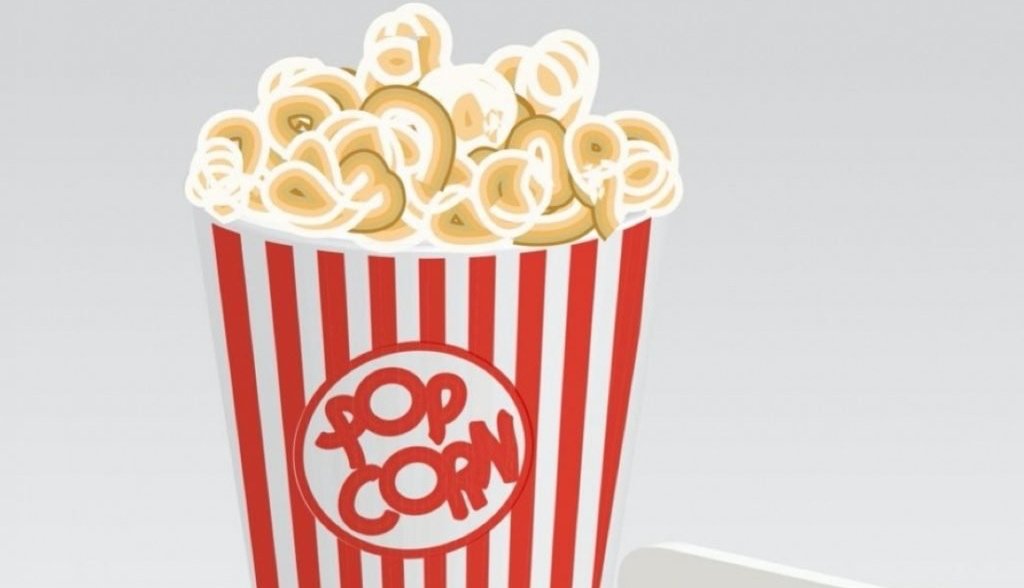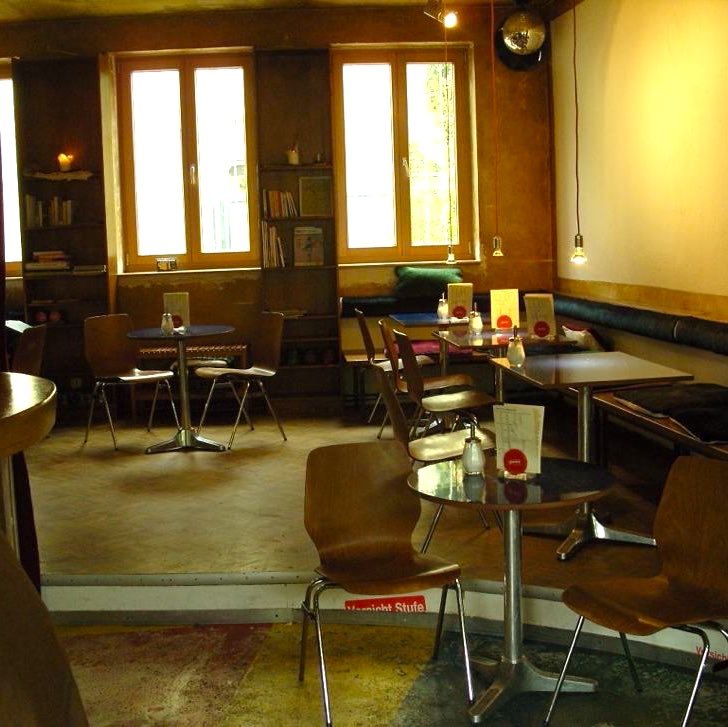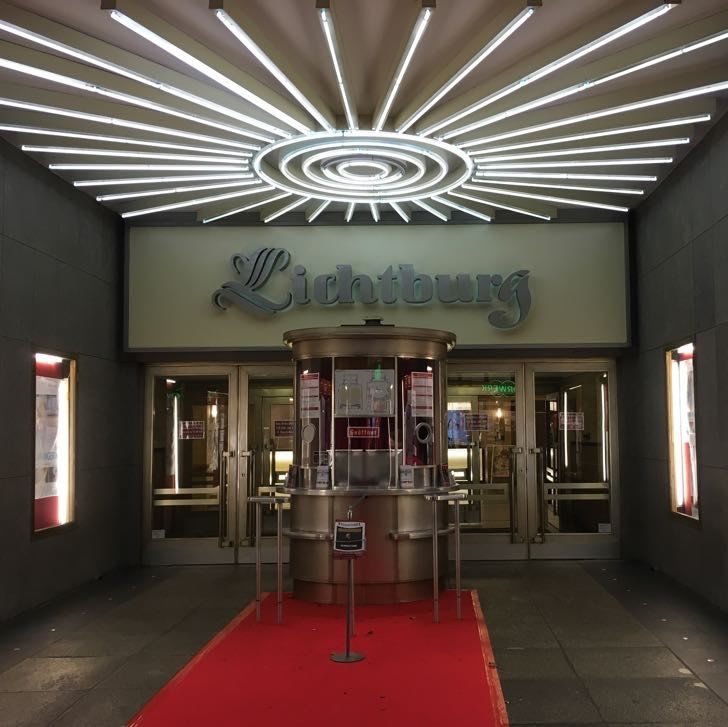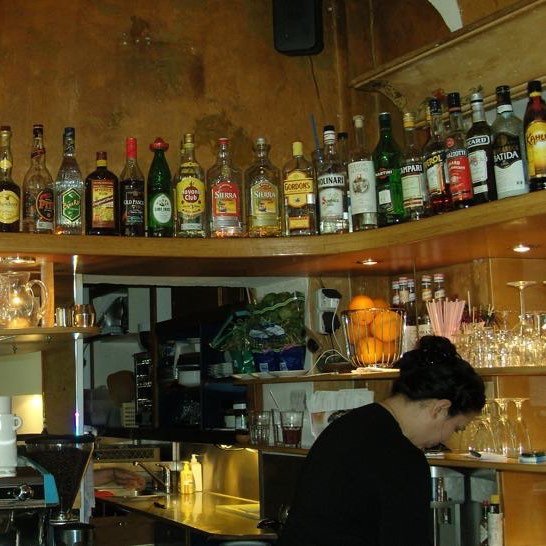City Topics
DEVELOPMENT IN THE RUHR
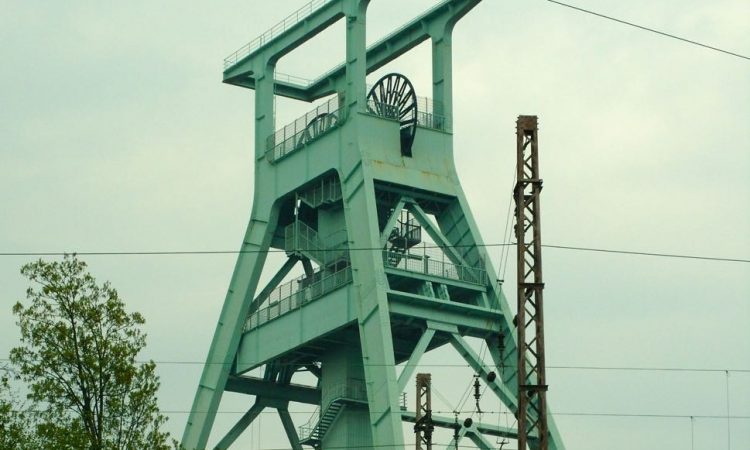
The Ruhr region was originally a predominantly rural area characterised by swamplands, fields and grasslands. Discovery and exploitation of extensive iron ore and coal deposits alongside the banks of the river Ruhr in the early nineteenth century changed everything.
The occasion marked the beginning of the development of the region into Germany’s largest urban agglomeration. Mines, furnaces and steelworks were built, the rapidly increasing demand for labor encouraged immigration to the area and large cities emerged.
Both industry and society in the Ruhr Metropolis became exclusively geared to the needs of the coal, iron and steel industry. Consequently, the coal crisis of the late nineteen-fifties and the structural weakness of the steel industry in the seventies and eighties of the twentieth century heavily affected the region.
Decline and Renewal
Coal production declined dramatically and many production sites had to close down. Despite numerous massive protests and strikes, thousands of miners lost their jobs. Altogether, from the second half of the nineteenth century to the year 2007, the number of pits in the Ruhr region shrank from nearly three hundred to only four.
The crisis led to important structural changes in the Ruhr, which are still continuing today. In this context, jobs have been relocated from industry and trade to communications and services. Many of the former industrial ruins have been transformed into tourist attractions, culminating in the Ruhr.2010 European Cultural Capital activities over a decade ago.
Nowadays, the Ruhr Metropolis has regained many of its former strengths. Pulsating with life, it benefits from state-of-the-art industries, an extensive road-rail network, a wide range of cultural activities and excellent fields of higher education. However, although the process has progressed considerably, the region still holds enormous potential for further development.
By Tanja Kanthak, edited Vincent Green, Jul 25 2021
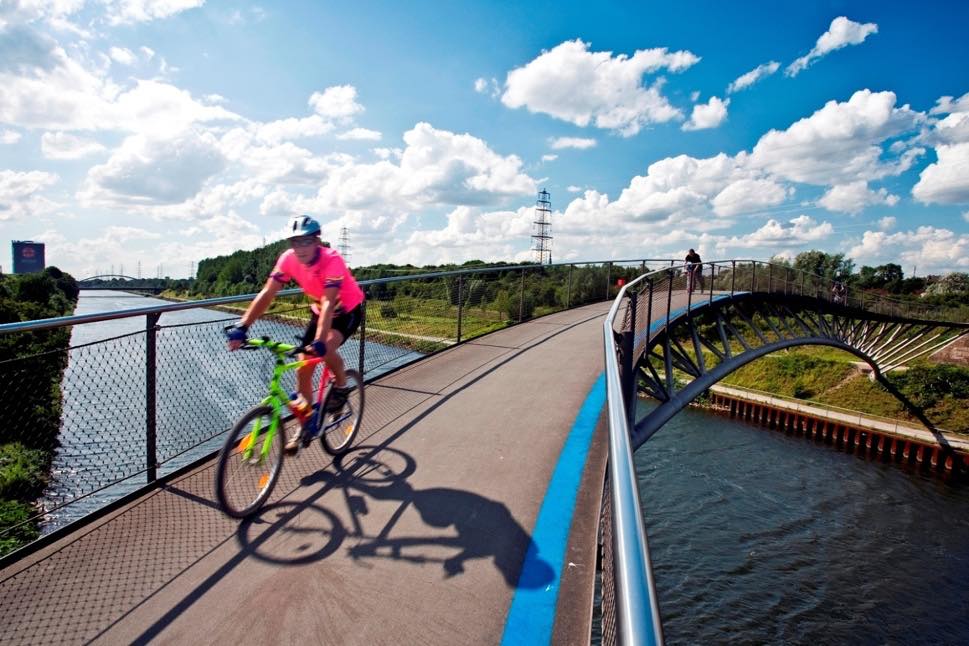
CYCLING IN RUHR
Cycling in the Ruhr Metropolis can be enjoyable and most rewarding. Bike paths criss cross the whole of the region and weave their way across most urban areas. Hop on a bicycle to discover quieter city districts or nearby villages. Try riding along the banks of local rivers, in wilder natural spaces or the open meadows of outlying regions.
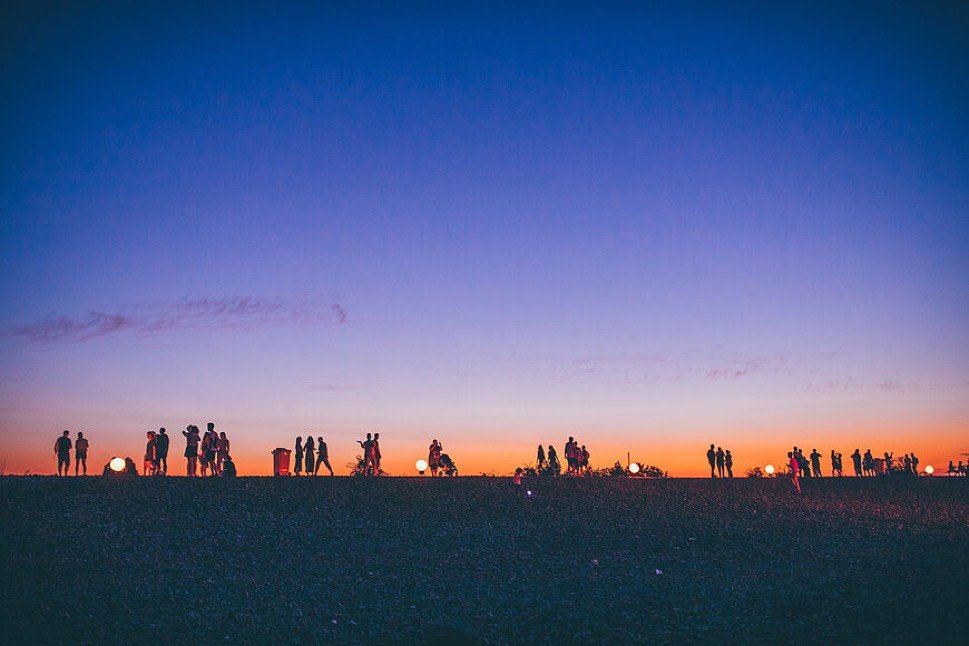
EVENTS OVERVIEW RUHR
Larger events that affect street life or draw larger crowds in the Ruhr Metropolis are presented in the Events Overview. These include funfairs, marathons, street fairs, music festivals and Christmas markets. Activities such as the Ruhrtriennale, Park Lights, Extra Shift and Ruhr Reggae Summer are exemplary. Photo © Ravi Sejk.
Original language movies are popular among expats living across the Ruhr Metropolis. Films are screened regularly in English original with subtitles, known as OmU and without, portrayed as OV. A wide variety of cinemas or movie theatres can be found, both large and small.
